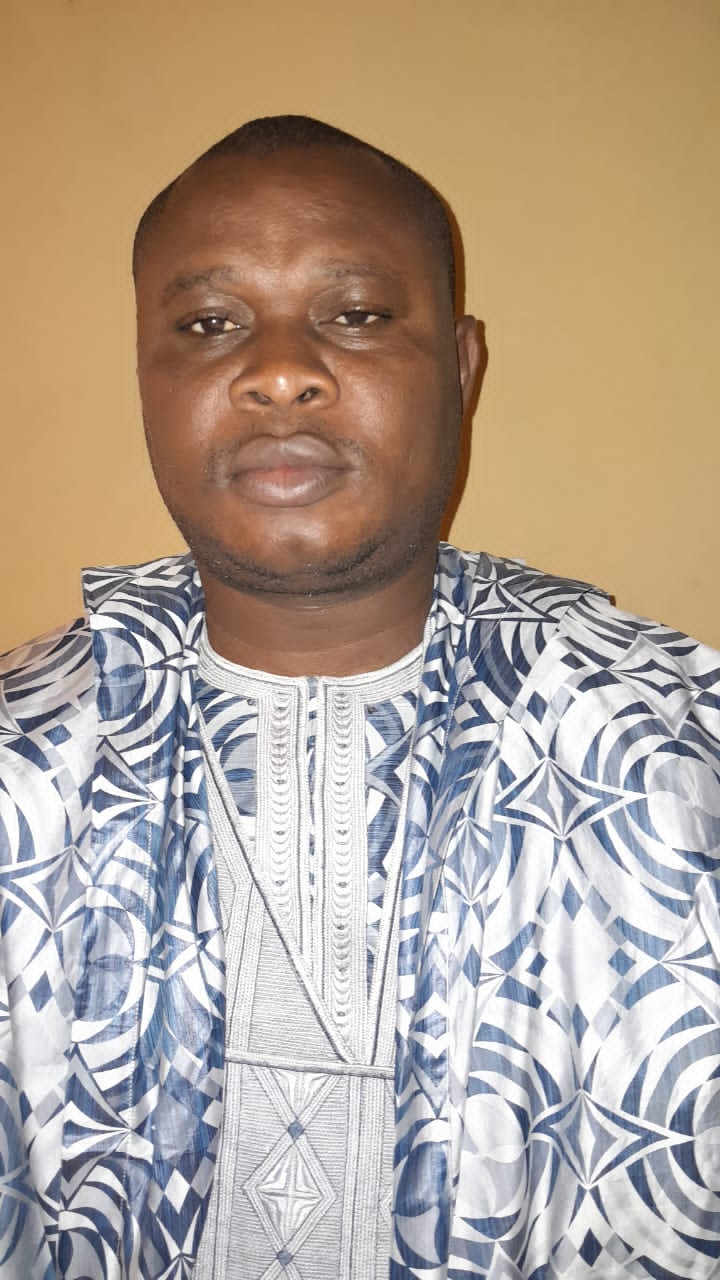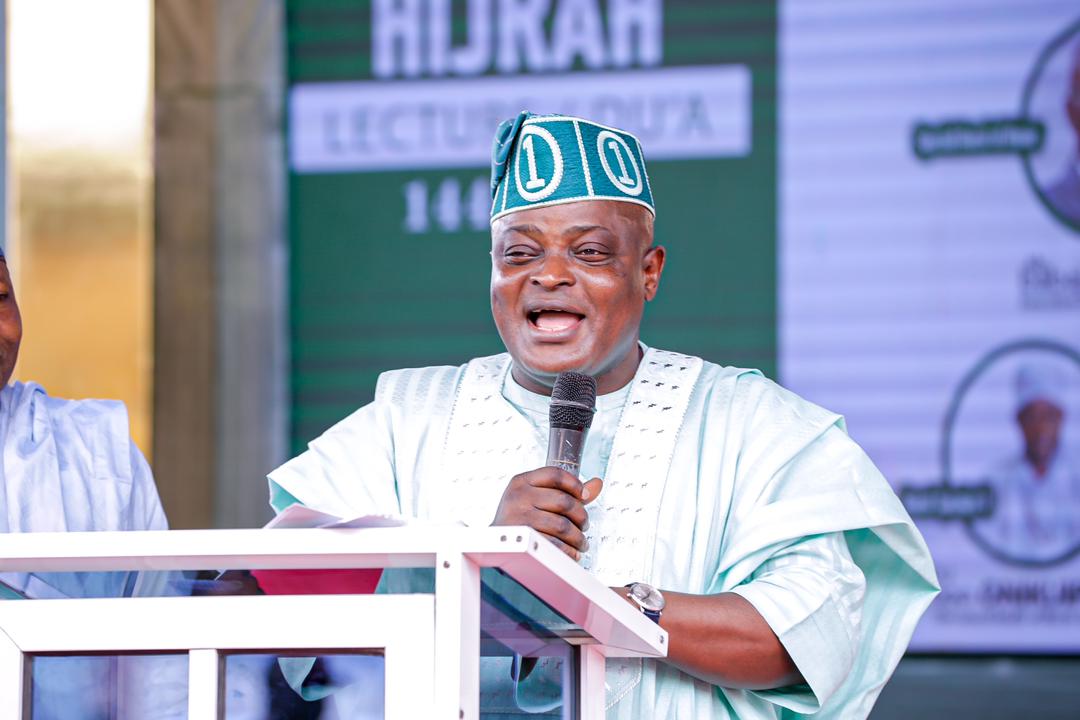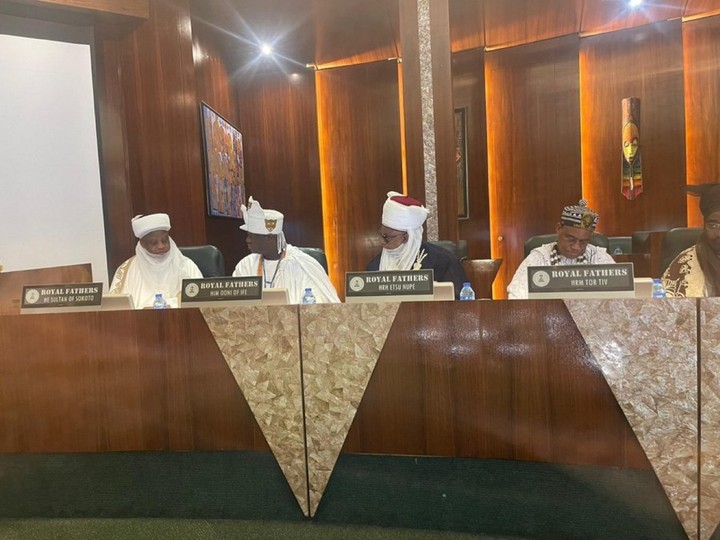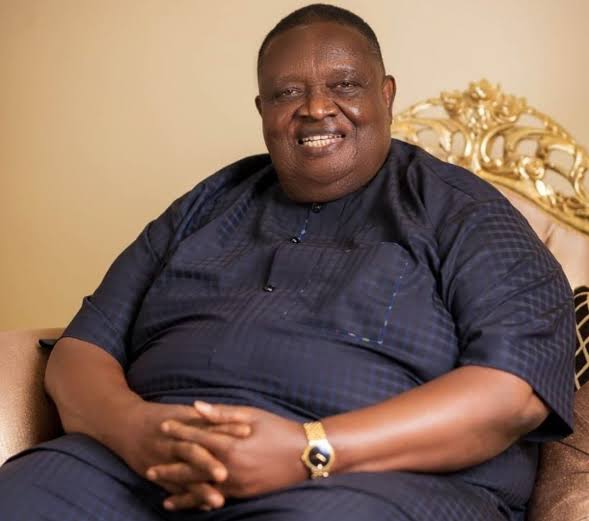Sudan’s Impact on Africa By Amb. Innocent Eneta, Publisher Daily Global News
As the publisher of the Daily Global News and African Conflict exparte, I would like to draw attention to the ongoing crisis in Sudan and its potential impact on West Africa, Africa as a whole, and the global community. If the West African states and governments do not take action to address the conflict in Sudan and its associated activities, it could lead to more insecurity across the region, a shortage of food, increased sickness, diseases, hunger, child trafficking, sexual abuse, death, and economic hardship.

Background
The crisis in Sudan has been ongoing since the fall of former President Omar al-Bashir in 2019. The transitional government that took over has been struggling to maintain stability in the country, particularly in the Darfur region, where a long-standing conflict has been ongoing. The situation has been complicated by the activities of various armed groups and militias, as well as the involvement of external powers, such as Russia and China.
Potential Impact on West Africa
The conflict in Sudan has the potential to spill over into West Africa, where several countries are already dealing with their own security challenges. Sudan shares borders with Chad, Libya, and Egypt, all of which have their own internal security concerns. The influx of refugees from Sudan could further strain the already fragile security situation in these countries.
Furthermore, the conflict in Sudan has the potential to disrupt regional food supply chains. Sudan is a major producer of agricultural commodities, such as wheat and sorghum, and any disruption to agricultural production could lead to a food crisis in the region. This could result in increased sickness, diseases, and hunger.
Child trafficking and sexual abuse could also become more prevalent in West Africa, as vulnerable populations are forced to flee their homes in search of safety. Women and children are particularly at risk of being subjected to exploitation and abuse in these circumstances.
Potential Impact on Africa and the Global Community
The conflict in Sudan could have wider implications for Africa as a whole, as it could lead to the destabilization of the continent. Africa is already grappling with several security challenges, and the addition of another conflict could lead to a wider security crisis.
The African Union must take decisive action to address the conflict in Sudan and prevent it from spreading to other parts of the continent. The international community can play a role in supporting the efforts of the African Union, as well as providing humanitarian assistance to those affected by the conflict.
Furthermore, the conflict in Sudan could have a global impact, as it could provide a breeding ground for terrorist groups such as al-Qaeda and ISIS. If the conflict continues to simmer, it could provide these groups with the opportunity to regroup and launch attacks against the West. This would have implications for global security and could lead to a wider security crisis.
Economic Impact
The conflict in Sudan could also have significant economic consequences. Sudan is a major producer of oil, and disruptions to oil production could have an impact on global oil prices. This would have implications for global economic growth and stability.
Moreover, the conflict in Sudan could lead to an increase in the flow of refugees and migrants to other parts of Africa and Europe. This could lead to increased pressure on the economies of host countries, particularly in Europe, which is already dealing with its own migration challenges.
Recommendations
Given the potential impact of the conflict in Sudan on West Africa, Africa as a whole, and the global community, it is imperative that action be taken to address the situation. The following are some recommendations for West African states and governments, the African Union, and the international community:
Diplomatic engagement: West African states and governments, the African Union, and the international community should engage in diplomatic efforts to resolve the conflict in Sudan. This could involve mediation, dialogue, and negotiation.
Humanitarian assistance: The international community should provide humanitarian assistance to those affected by the conflict in Sudan. This could include food aid, medical supplies, and shelter.
Support for peacekeeping: The African Union and the international community should support peacekeeping efforts.
The conflict in Sudan has the potential to have far-reaching consequences for West Africa, Africa as a whole, and the global community.
The conflict could exacerbate existing security challenges, lead to food shortages, and increase the incidence of sickness, diseases, child trafficking, sexual abuse, and economic hardship.
It is therefore imperative that West African states and governments, the African Union, and the international community take decisive action to address the situation in Sudan.
This could involve diplomatic engagement, humanitarian assistance, support for peacekeeping efforts, and increased efforts to prevent the spread of terrorism in the region.
Failure to address the situation in Sudan could have significant implications for regional and global security, economic stability, and human welfare. It is therefore in the interest of all stakeholders to work towards a peaceful resolution of the conflict in Sudan.

 Business6 months ago
Business6 months ago
 Business6 months ago
Business6 months ago
 celebrity radar - gossips6 months ago
celebrity radar - gossips6 months ago
 celebrity radar - gossips6 months ago
celebrity radar - gossips6 months ago















